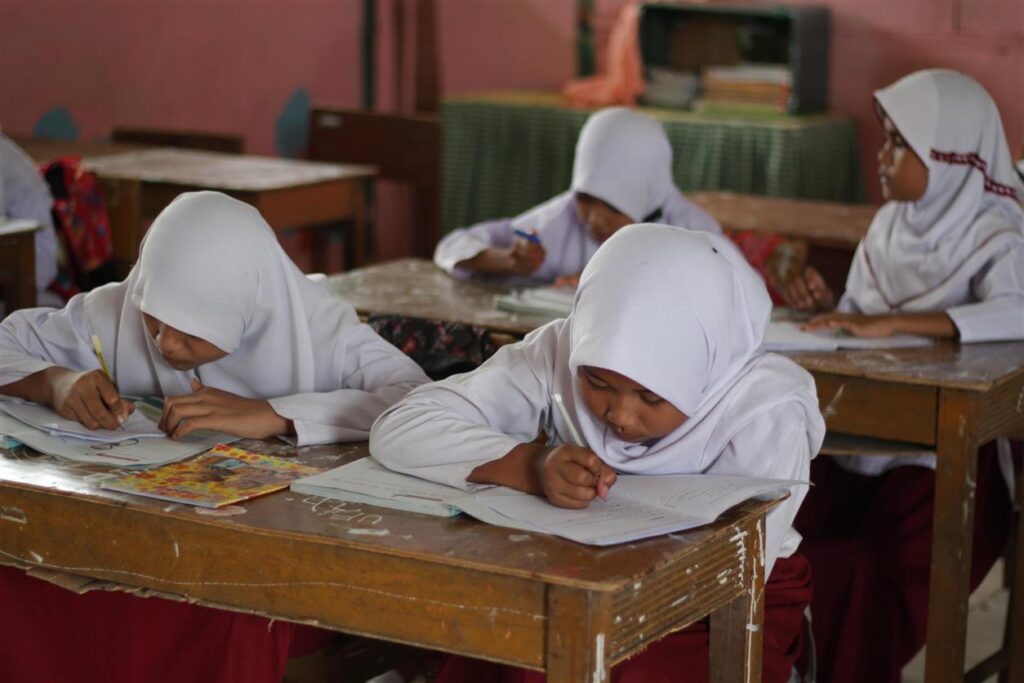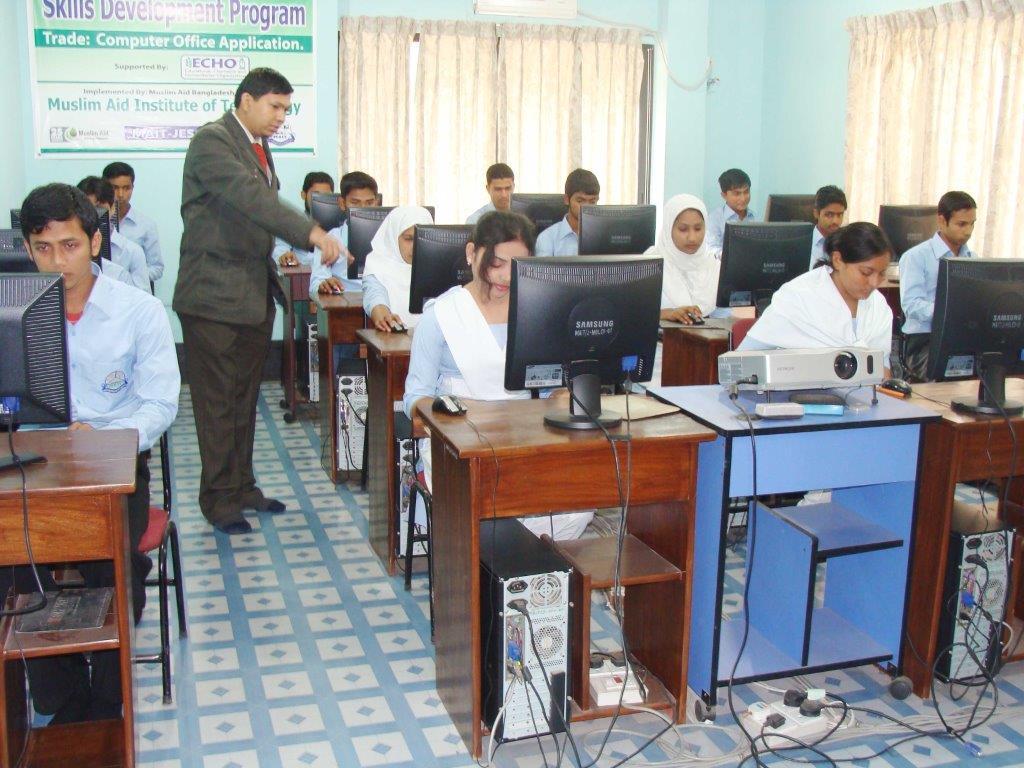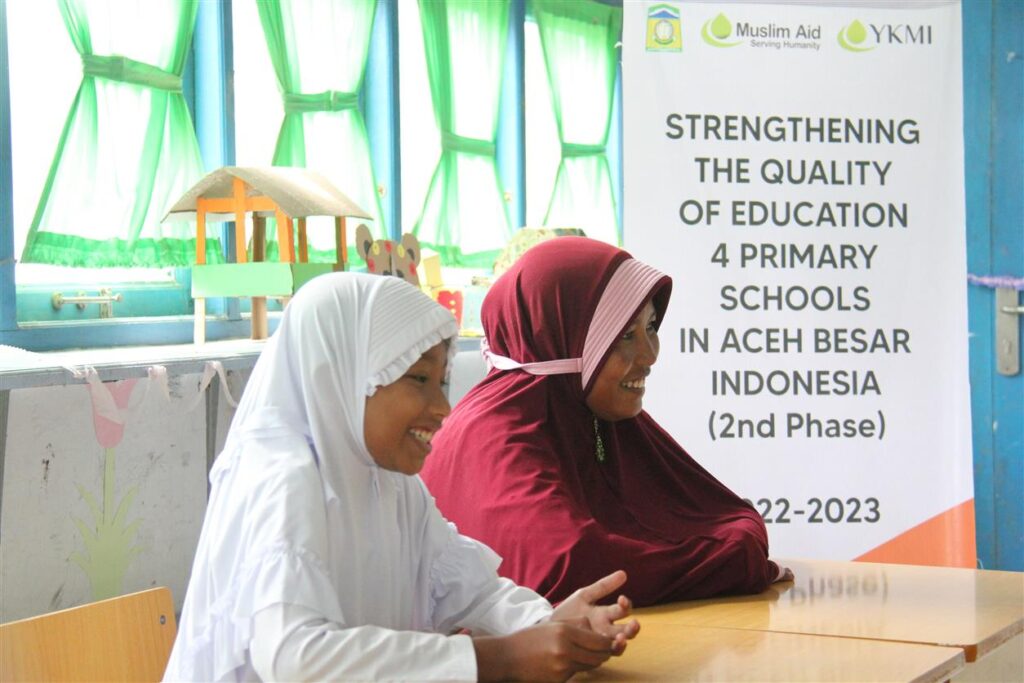Education is a fundamental right and a powerful tool for breaking the cycle of poverty. Recognizing this, Muslim Aid has committed itself to developing comprehensive educational programs for children and youth in some of the most disadvantaged communities around the world.
Through innovative initiatives and targeted interventions, Muslim Aid is not only providing access to education but also empowering the next generation to thrive.
1. Access to Quality Education

Muslim Aid’s educational programs focus on improving access to quality education, especially for marginalized groups, including girls and children in conflict zones. The organization operates schools and learning centers in various countries, providing a safe environment for children to learn and grow.
For example, in countries like Bangladesh and Yemen, Muslim Aid has established schools that cater to both formal education and informal learning, adapting to the local context and needs.
These schools often feature trained teachers and a curriculum that emphasizes not just academic skills, but also life skills, critical thinking, and creativity, preparing students for the challenges of the modern world.
2. Vocational Training and Skill Development

Understanding that education extends beyond traditional schooling, Muslim Aid offers vocational training programs aimed at equipping youth with practical skills that enhance their employability. These programs cover a range of skills, including carpentry, plumbing, sewing, and IT training, ensuring that young people have the tools necessary to support themselves and their families.
In regions where job opportunities are scarce, such vocational training can be a game changer. For instance, Muslim Aid’s initiatives in Lebanon have successfully trained young refugees, providing them with the skills needed to enter the job market and gain financial independence.
3. Community Engagement and Parental Involvement

A key aspect of Muslim Aid’s educational programs is community engagement. By involving parents and local leaders, the organization fosters a sense of ownership and accountability in education. Workshops and seminars are conducted to educate parents about the importance of education, particularly for girls, encouraging them to support their children’s educational journeys.
This community-focused approach not only boosts enrollment rates but also enhances retention, as parents become advocates for their children’s education.
4. Health and Well-being Integration
Recognizing the link between health and education, Muslim Aid incorporates health and nutrition programs within its educational initiatives. Schools often provide meals and health screenings, ensuring that children are nourished and healthy enough to attend classes. This holistic approach addresses barriers to education that arise from poor health and malnutrition, creating a conducive learning environment.
In addition, health education is integrated into the curriculum, teaching students about hygiene, nutrition, and preventive healthcare, empowering them with knowledge to improve their overall well-being.


